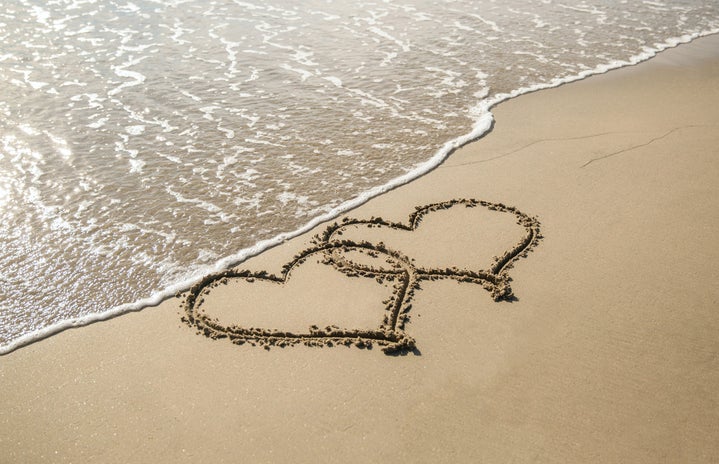Whenever people describe me, they always mention how I’m so “nice.” I suppose it’s better than being called a monster, so I’ve always taken it in stride. I want to be a kind human; why would I want to be anything else? As I’ve gotten older, I’ve tried to develop character traits that will make myself distinctive. There are so many people that attend this university, that are in the same clubs as me, and that are just on this planet in general. It’s no wonder that we try to make ourselves memorable, and for me, I’ve always tried to be the nice girl.
Physical benefits from being kind
In a world that is full of hatred and anger, we could all stand to be our best selves. The benefits of being a good human are numerous. Kind acts release serotonin, boosting feelings of well-being and satisfaction. Acts of kindness can also trigger the release of oxytocin, a hormone that helps in the reduction of inflammation, keeping sickness at bay. Multiple studies also propose the correlation between kindness and anxiety; these studies show that increasing the former would decrease the latter. For more information on the science behind the benefits of kindness, read this article from The Quiet Revolution.
Why am I saying “yes” when I want to say “no?”
With all the benefits, why am I questioning kindness? I think it comes from how I’ve been feeling lately. It seems that I’m getting more and more tired every day. With every favor someone asks of me, I dim a little inside, even though I still choose to help. I’m starting to resent acts of kindness after I’ve agreed to them. I think this came to a fever pitch about a week ago.
My friend asked me to pick up food for her and drop it off at her apartment because she wasn’t feeling great. I always run these sorts of errands. Usually, I’m just lying in bed watching YouTube videos or “doing homework”, so I don’t mind. I’ve always liked being someone’s hero because it gives me a sense of purpose, but this time it was different. I agreed to be her Uber Eats driver out of obligation, not because I truly wanted to. I cursed under my breath at every traffic jam on the way there, called my mother to complain while in the drive-thru, and mentally responded to her “Thank you!” with a “Yeah, you should be!” But this isn’t the way it should be.
How do I overcome this?
It wasn’t until I found an article from Bustle, “11 Signs You’re Too Nice & What to Do About It,” that I was able to put words to my feelings. The 11 signs include excessive apologies, resentment after agreeing to things, not voicing your opinion, avoiding confrontation, and so on. It made me feel better knowing that others have felt, or are currently feeling, the way I am. I particularly identify with the third point: “You feel resentful after you say ‘yes.'” Why am I doing it if I feel resentment? Maybe there’s some automatic need to please others that are embedded inside of me. It’s definitely helpful to others, but I’m starting to wonder if it’s helping me.
“Selfless” isn’t a bad adjective, but I think I need to remember that it means to have little to no concern for yourself. To be the best version of myself, I need to have some concern for my own well-being. In doing so, I can help myself, and in return, help others. It’s not bad to be nice, but I should keep in mind that I should be nice to myself as well. Hopefully, my friends can understand that and see me as someone who respects herself, which is arguably the most important trait to have. I’d like to be kind because I want to, not because I feel obligated to. This won’t happen overnight of course, but I can’t afford to be a pushover anymore. The best acts of kindness come from the heart.
If you relate to my story above, I hope that this inspires you to be true to yourself and help others out of sincerity rather than to be liked by everyone. Know that you’re loved and don’t need to live a life of pleasing others. First, love yourself, then whole-heartedly help others.


